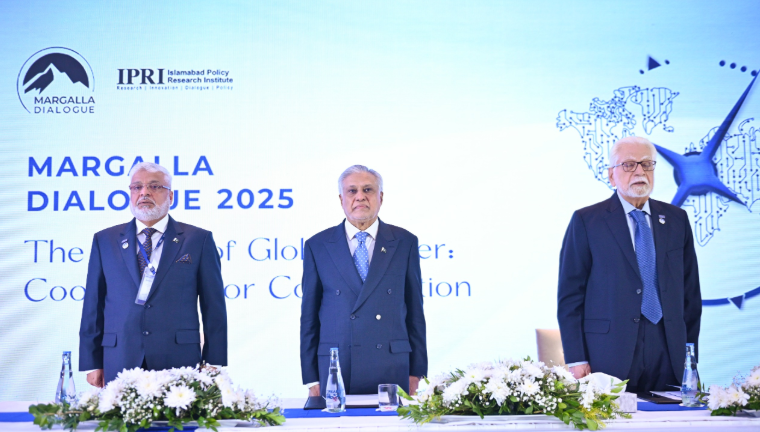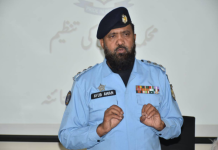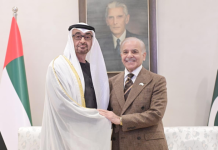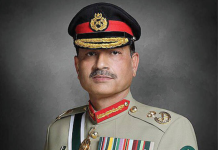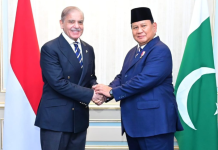Islamabad – Deputy Prime Minister Ishaq Dar opened the two-day Margalla Dialogue in Islamabad on Tuesday, calling for stronger multilateralism, a regional focus on geo-economics and an enhanced role for the United Nations to meet global challenges amid rising unilateral bloc politics and an erosion of shared values.
Organised by the Islamabad Policy Research Institute (IPRI), the sixth Margalla Dialogue — held under the theme “The future of global order: Cooperation or confrontation” — brings together scholars, diplomats, policymakers and academics from around the world to examine shifting geopolitical and economic dynamics.
In his inaugural remarks, IPRI President Lt Gen (retd) Majid Ehsan said the forum provides a timely opportunity to scrutinise issues emerging as the world moves toward multipolarity. He warned that social media has complicated the search for reliable information, populism poses fresh challenges to established norms, and the existing rules-based order is showing signs of decay. He described three interlinked trends — de-dollarisation, democratisation and demilitarisation — and urged collective work to shape a fairer global order.
Deputy Prime Minister Dar stressed that maintaining international peace and security is the foremost global responsibility and cannot be abandoned. He said growing scepticism about the established order stems from weakening multilateral institutions and a financial system struggling to address contemporary needs. Pakistan, he said, remains a staunch supporter of multilateralism and believes global problems should be addressed through the UN and international law, citing Pakistan-initiated UN Resolution 2788. He also called on the Organisation of Islamic Cooperation (OIC) to play a constructive role in the current global environment.
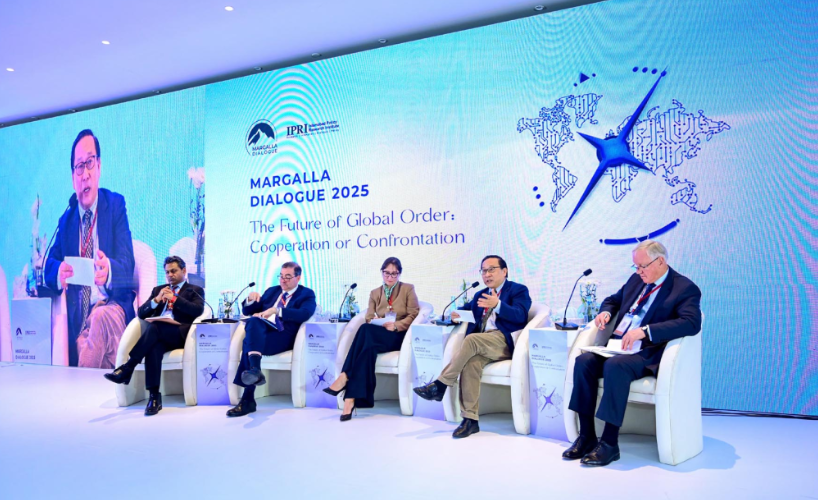
Dar praised Chinese President Xi Jinping’s Global Development Initiative as a positive force for trade and development, and urged global financial institutions to pursue equitable reform so sustainable development benefits all member states. He warned that policies of international financial bodies should avoid discrimination.
Turning to the environment, Dar described climate change as an existential threat that demands urgent attention. He voiced hope that the upcoming COP-30 summit in Brazil would deliver meaningful progress for countries most affected by climate impacts.
Highlighting Pakistan’s economic prospects, the deputy prime minister noted the country’s potential in rare earth minerals and argued that geo-economics — trade, connectivity and resource cooperation — should guide regional engagement. He said Pakistan will prioritize these inherited advantages to boost prosperity and break the cycle of poverty and growing global inequality by addressing imbalances in international economic relations.
Speakers at the Dialogue addressed regional security and geopolitics. Senator Mushahid Hussain Syed urged a holistic perspective on current developments and accused India of pursuing expansionist designs in the region. He also commented on the conflicts in the Middle East and praised China’s expanding global trade ties. Dr Victor Gao of Soochow University described recent confrontations with India as a strategic setback for New Delhi and lauded Pakistan’s stance for peace and cooperation. Gao referred to a strengthened China-Pakistan relationship and urged Islamabad to maintain constructive engagement with the United States. (A remark attributed to Gao about the consequences of nuclear conflict was reported at the event and has been widely noted.)
Dr Anastasia (Associate Professor, St Petersburg University) emphasised the importance of developing a sustainable Eurasian security and connectivity architecture, underscoring the conference’s broader focus on cooperation over confrontation.
The Margalla Dialogue continues through Wednesday, aiming to produce actionable ideas for steering an increasingly complex global order toward greater cooperation, equitable development and stronger multilateral institutions.
BY: The Times Union



